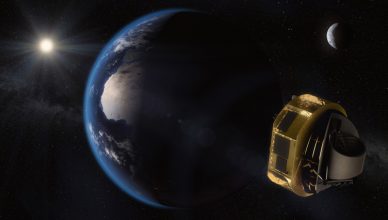
Portugal on a great leap to the exoplanets
The space mission that will enable the description of the exoplanet atmospheres has Portuguese participation, led by Instituto de Astrofísica e Ciências do Espaço (IA).
Read more
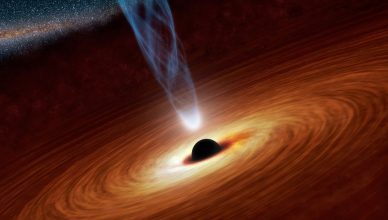
Rescuing gravity from the edge
The bizarre space-time predictions of Einstein’s General Relativity might be wiped out by a modified version of the theory, with extensive applications now laid down in a comprehensive review article co-authored by a researcher of the Instituto de Astrofísica e Ciências do Espaço (IA).
Read more
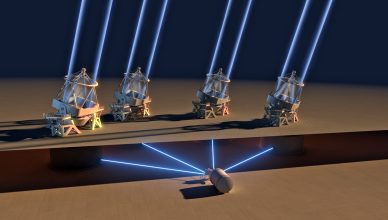
ESPRESSO makes ESO’s VLT the largest optical telescope in the world
The ESPRESSO spectrograph, partially built by Instituto de Astrofísica e Ciências do Espaço (IA), has used the combined light of all four of the 8.2-metre Unit Telescopes for the first time. Combining light from the Unit Telescopes in this way makes the VLT the largest optical telescope in existence in terms of collecting area.
Read more
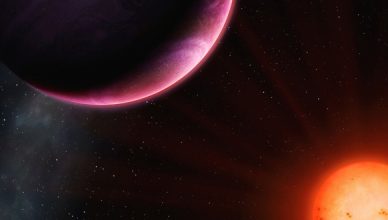
Two IA researchers awarded Marie Curie Fellowships
Researchers of Instituto de Astrofísica e Ciências do Espaço receive European support to develop two research projects in the field of study of exoplanets.
Read more
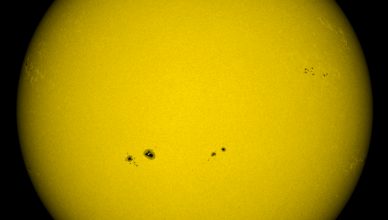
Sun analog helps in understanding of Sun’s variability and its effect on our climate
This new study, published in The Astrophysical Journal, has the participation of several Instituto de Astrofísica e Ciências do Espaço (IA) reseachers.
Read more
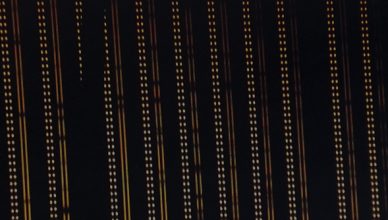
The next generation exoplanet hunter has arrived
The next-generation spectrograph ESPRESSO, whose construction was co-led by Instituto de Astrofísica e Ciências do Espaço (IA) is already operating at the Very Large Telescope.
Read more
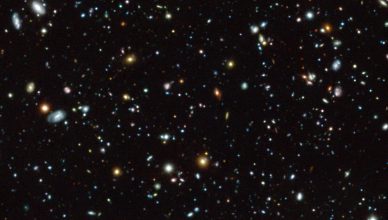
MUSE probes Hubble Ultra Deep Field
The MUSE instrument allowed an international team, which includes a Instituto de Astrofísica e Ciências do Espaço researcher, conducted the deepest spectroscopic survey ever.
Read more
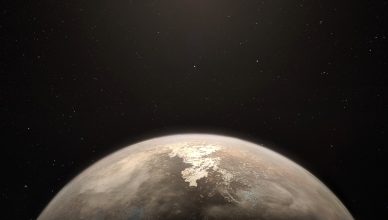
Closest temperate exoplanet discovered orbiting star close to the Sun
Ross 128 b is the closest Earth-sized exoplanet orbiting a quiet red dwarf star, which may increase the likelihood that this planet could potentially harbor life. It was detected with the HARPS spectrograph, with the participation of Instituto de Astrofísica e Ciências do Espaço.
Read more

